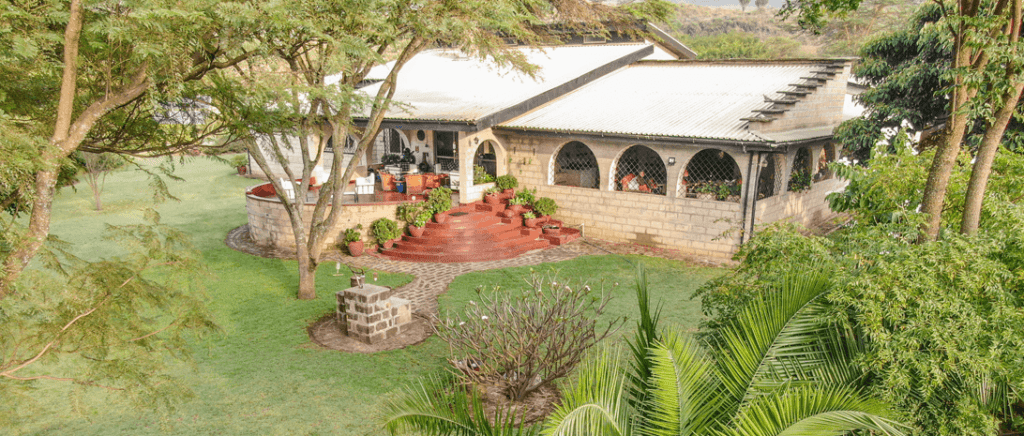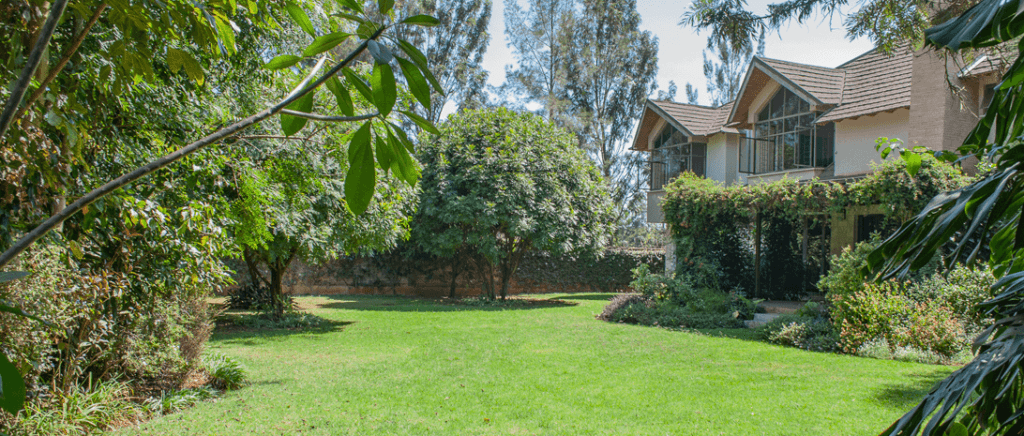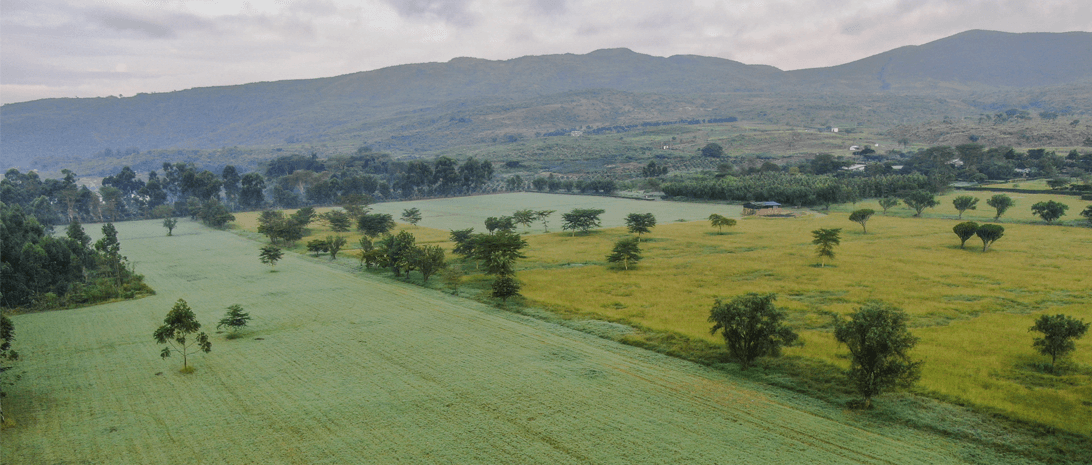
With William Karoki
Our Eden Reveals series brings you insights, news and professional expertise from all corners of the real estate industry! In this edition, we dive into the intricacies of land ownership in Kenya with William Karoki, managing partner of WKA ADVOCATES, who focuses on real estate law amongst other specialities. Read on for his insights, and learn more about William at the bottom of this article!
What types of property ownership do we have in Kenya?
According to the Constitution of Kenya, land in the country is classified as public, community, or private. This classification is based on Article 61, which states that all land in Kenya belongs to the people of Kenya collectively as a nation, communities, and individuals.
a. Public Land
Public land in Kenya is defined by Article 62 of the Constitution. It is land that is owned by the government and is intended for public use and administration, such as national parks, wildlife reserves, public buildings, and public roads.
b. Community Land
Community land in Kenya, as defined by Article 63 of the Constitution, is land that is vested in and held by communities based on ethnicity, culture, or similar community of interest. This type of land is intended for the use and benefit of the community and is not intended for sale or transfer to individuals or private entities.
c. Private Land
Private land in Kenya is defined by Article 64 of the Constitution. It consists of land that is held by individuals or private entities under freehold or leasehold tenure, as well as any other land that is declared private land under an Act of Parliament. Freehold land is land that is owned by an individual or entity with absolute ownership, while leasehold land is land that is held by an individual or entity for a specific period, such as 99 years.
It is important to note that the NDUNG’U LAND REPORT lists land that was acquired illegally. Before purchasing land in Kenya, it is crucial to ensure that the parcel of land is not listed on the report.
In conclusion, the classification of land in Kenya is crucial for ensuring that land is used for the intended purpose and for the benefit of the Kenyan people. Understanding the differences between public, community, and private land is important for both individuals and entities looking to purchase or use land in Kenya.

Who can sell land in Kenya?
In Kenya, land can be sold by Private Developers, Licensed reputable Estate Agents such as EDEN HEIGHTS, Brokers on behalf of Owners, Saccos, Churches, Chamas, Cooperatives, Financial Institutions, Trusts and Companies, Individuals and Communities
Have there been any key changes in land or property ownership laws?
Yes: The Sectional Properties Act 2020 was enacted to align with the provisions of the Constitution of Kenya, 2010, and the land laws enacted in 2012. The act provides for the division of buildings into units to be owned by individual proprietors and common property to be owned by proprietors of the units as tenants in common, as well as for the use and management of the units and common property. The Sectional Properties Regulations 2021 were gazetted by the Cabinet Secretary for the Ministry of Lands and Physical Planning to operationalize the act.
The sectional regime of ownership offers several benefits, including simplification of sale transactions, cost savings in purchase, elimination of administrative challenges, increase in access to financing, better protection for unit owners, and promotion of vertical development on land.
The act applies to freehold land and leasehold land with a minimum residual term of 21 years. Before creating a sectional development, the parcel of land must be properly geo-referenced and approved by the Survey Department and long-term leases must be converted to sectional titles.
To create a sectional development, a sectional plan must be prepared and registered at the land registry, accompanied by an application to incorporate a management corporation. Upon registration of the sectional plan, separate registers will be opened for each sectional unit, certificates of title or certificates of lease will be issued, and the interests registered against the mother title will be endorsed on the sectional title documents.
Each sectional unit owner will be responsible for paying land rent and rates for their individual unit, and the common areas will be owned and managed by the management corporation on behalf of the unit owners. A dispute resolution committee has also been set up to determine disputes between unit owners, making it cheaper and easier to resolve disputes.
To learn more about land ownership in Kenya and all your other real estate questions, contact Eden Heights!

Get to Know William Karoki
Who is William Karoki?
I am a happy, energetic and understanding human being. I am a loving husband, brother and son. I am also a practicing lawyer in Nairobi, Kenya and the Managing Partner, WKA ADVOCATES.
What services do you render?
I mainly offer Corporate Commercial Law Services and Business Restructuring, Real Estate and Estate Planning/Succession, and Conveyancing, Immigration Law to assist foreigners to invest seamlessly by assisting in acquisition of work permits. I also offer services bordering on-Dispute Resolution, Debt Recovery and Regulatory Compliance –employment and labor relations advice, and general legal compliance, IT and IP Law (Intellectual Property Protection and Data Protection Compliance). I can say it’s a full course.
How long have you practiced as a real estate lawyer and what credentials and certifications do you hold?
I have practiced law for the last 7 years. As stated above, I am a lawyer, qualified Advocate of the High Court of Kenya, a Commissioner for Oaths, Notary Public and a member of the law society of Kenya. I have an L.L.B from the University of Nairobi, a Post Graduate Diploma from the Kenya School of Law. I have a certificate in FIDIC Construction Law Contracts. Further, I have been part of the Team that worked on reviewing of the JBCC Green Book Construction Contracts. I am the Managing Partner of WKA ADVOCATES.
How do you stay so positive and vibrant?
Prayers, Good sleep (when I can), exercise, daily intermittent fasting – OMAD (one meal a day), healthy eating, and a good laugh!

